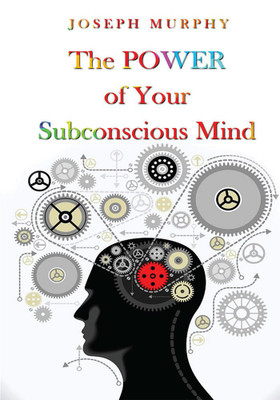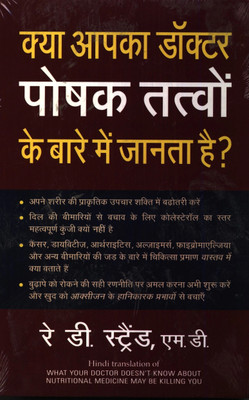
Get notified when this item comes back in stock.
Science, Policy, and the Value-Free Ideal (English, Paperback, Douglas Heather E.)
Share
Science, Policy, and the Value-Free Ideal (English, Paperback, Douglas Heather E.)
Be the first to Review this product
₹114/month
36 months EMI Plan with BOBCARD
Special price
₹3,800
Sold Out
This item is currently out of stock
Highlights
- Language: English
- Binding: Paperback
- Publisher: University of Pittsburgh Press
- Genre: Science
- ISBN: 9780822960263, 9780822960263
- Pages: 256
Seller
Description
The role of science in policymaking has gained unprecedented stature in the United States, raising questions about the place of science and scientific expertise in the democratic process. Some scientists have been given considerable epistemic authority in shaping policy on issues of great moral and cultural significance, and the politicizing of these issues has become highly contentious. Since World War II, most philosophers of science have purported the concept that science should be \u201cvalue-free.\u201d In Science, Policy and the Value-Free Ideal, Heather E. Douglas argues that such an ideal is neither adequate nor desirable for science. She contends that the moral responsibilities of scientists require the consideration of values even at the heart of science. She lobbies for a new ideal in which values serve an essential function throughout scientific inquiry, but where the role values play is constrained at key points, thus protecting the integrity and objectivity of science. In this vein, Douglas outlines a system for the application of values to guide scientists through points of uncertainty fraught with moral valence. Following a philosophical analysis of the historical background of science advising and the value-free ideal, Douglas defines how values should-and should not-function in science. She discusses the distinctive direct and indirect roles for values in reasoning, and outlines seven senses of objectivity, showing how each can be employed to determine the reliability of scientific claims. Douglas then uses these philosophical insights to clarify the distinction between junk science and sound science to be used in policymaking. In conclusion, she calls for greater openness on the values utilized in policymaking, and more public participation in the policymaking process, by suggesting various models for effective use of both the public and experts in key risk assessments.
Read More
Specifications
Book Details
| Imprint |
|
Dimensions
| Height |
|
| Length |
|
Be the first to ask about this product
Safe and Secure Payments.Easy returns.100% Authentic products.
Back to top








